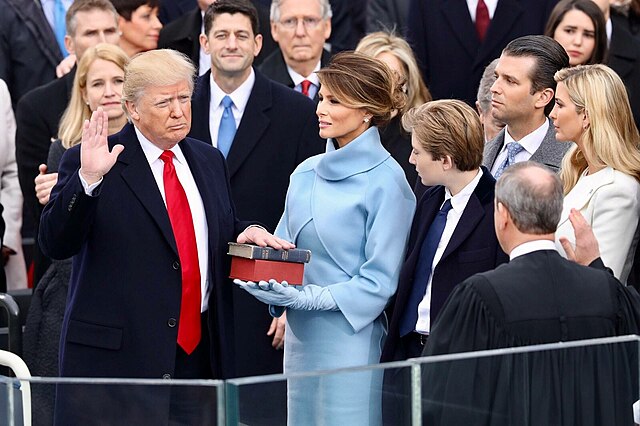As Wellesley students. we embody an inspiring mission: “to make a difference in the world,” which the Vision 2020 Statement of the College aims to realize by attracting the “best students” and the most “diverse” student body.
But this is a formed community and we must remember our own journeys that brought us to Wellesley. Perhaps we long knew of the college, discovered it in high school, or someone suggested it to us. We researched it, found it might suit us, chose to apply and were, in turn, selected by the Admissions Office and chose to attend. Yet in this process of selection and self-selection, there is a moment during which one particular group was excluded: undocumented high school students, our fellow American residents.
The Admissions Office website makes no mention of undocumented students. This silence undercuts Wellesley’s mission and our claim to preeminence, and worse, it speaks to an unwillingness to debate and make honest inquiry into relevant and pressing issues. To be a leading college, or at least follow suit with our competitors, we must back our vision with conviction.
We must also recognize that this issue hits close to home for current students and alums. After sending around a petition, I received several emails with student’s personal battles with documentation in applying to Wellesley. With the current policy, students are taking a year off in order to get a green card or make money for tuition, and some students have sisters unable to apply and afford Wellesley because of their birth place. A current Davis scholar, Monica Naranjo ’17, was undocumented for six years and unable attend to school.
As soon as her immigration status changed, she enrolled and is now here six years later that she could have been. In her words,“‘I wasted’ six years of my life. While I don’t regret all I learned during the years I was ‘illegal,’ I went through really rough times that I am sure wouldn’t have happened if I had been in college.” As a college, we should not ignore the challenges our vague policy has caused students.
Moreover, we must consider our own leadership in academia. Our peer colleges are generally moving faster to recruit and accept undocumented students. Williams, which like Wellesley is not need-blind for international students, considers applications from undocumented students as domestic applications.
Tufts also changed its policy last spring, and this year welcomed 27 undocumented students to campus. In contrast, the Board of Regents for the University of Georgia has officially banned undocumented students from the University of Georgia and Georgia Tech, among others. We have yet to make our stance clear.
In order to unlock the paralysis among the leaders of the College and bring forth an honest discussion and resolution, last week I sent a petition to the Board of Trustees signed by nearly 300 students and several professors in the first two days after posting, requesting that this silence be broken and that the Board act expeditiously to admit undocumented students.
We requested, per the regulations governing the college, that a Special Committee be formed of the Trustees including students and faculty to inquire into opening the college to undocumented students and recommend this change in policy to the Board.
We noted that in order to prepare for the class of 2021, the Board needs to act immediately to provide the Admissions Office time to recruit. We have yet to receive an acknowledgment.
It is incongruous to claim we are the world’s preeminent college for women and deter and discriminate against students who are “American’s without paperwork”. Please join us in changing this exclusive policy and embodying our mission with honest open inquiry to build true diversity among the Class of 2021.




